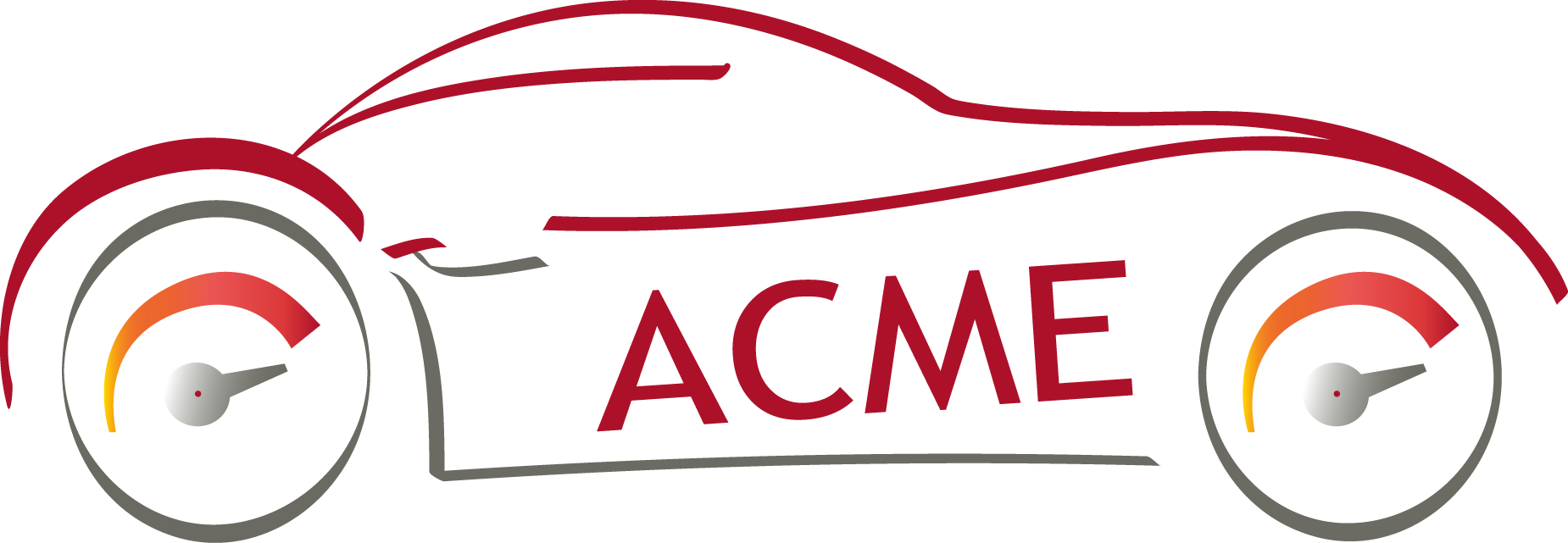We stay in a world in which almost everything is usually connected to the Internet. Computers, tablets and phones are clear targets pertaining to hackers but many of us also use “smart” equipment like computer printers, refrigerators and home security digital cameras. Criminals can wreak damage on personal and organization lives with the details they gain access to from these products. The good news is that you don’t have to be a computer authority to adopt the right measures for protection from hackers.
Keep the software up to date. The latest versions of software often involve fixes with respect to known vulnerabilities that online hackers take advantage of to gain accessibility to systems and accounts. It’s a great way to enable automatic posts on your devices, and you should check frequently for app update notifications on your computer.
Consider using two-factor authentication wherever possible. Most financial systems, social media sites and email services support the option to get a second layer of security that increases your protection from hackers by needing a code sent to the phone or email address additionally to your security password when you log in.
Back up your hard drive to defend important computer data in the event of a productive hack. Ensure that you use a course that detects and takes away viruses from the computer, and also one that removes all records of an invasion. Finally, rarely click on shady links and don’t available attachments https://universityparkcarecenter.com/6-google-secrets-students-should-know in unsolicited emails.

Commentaires récents